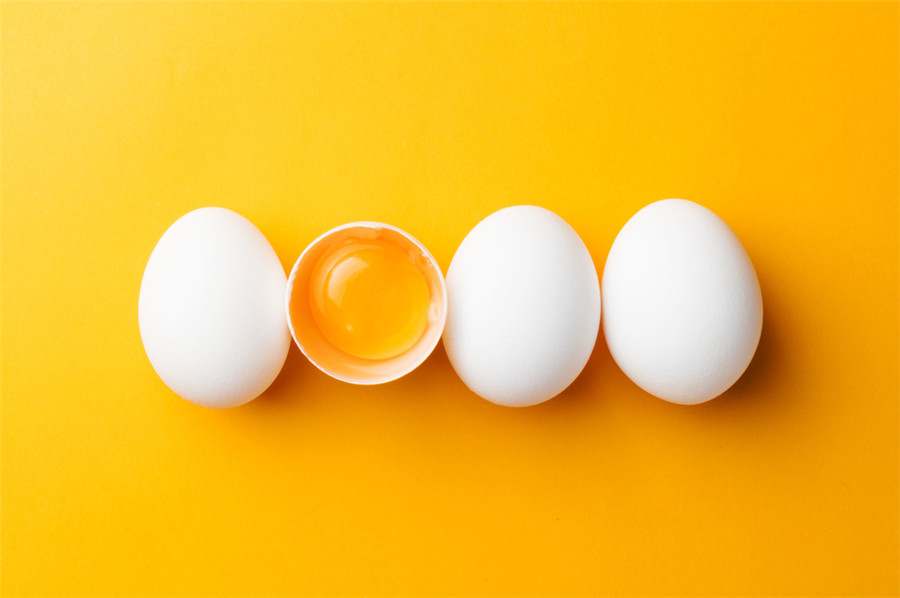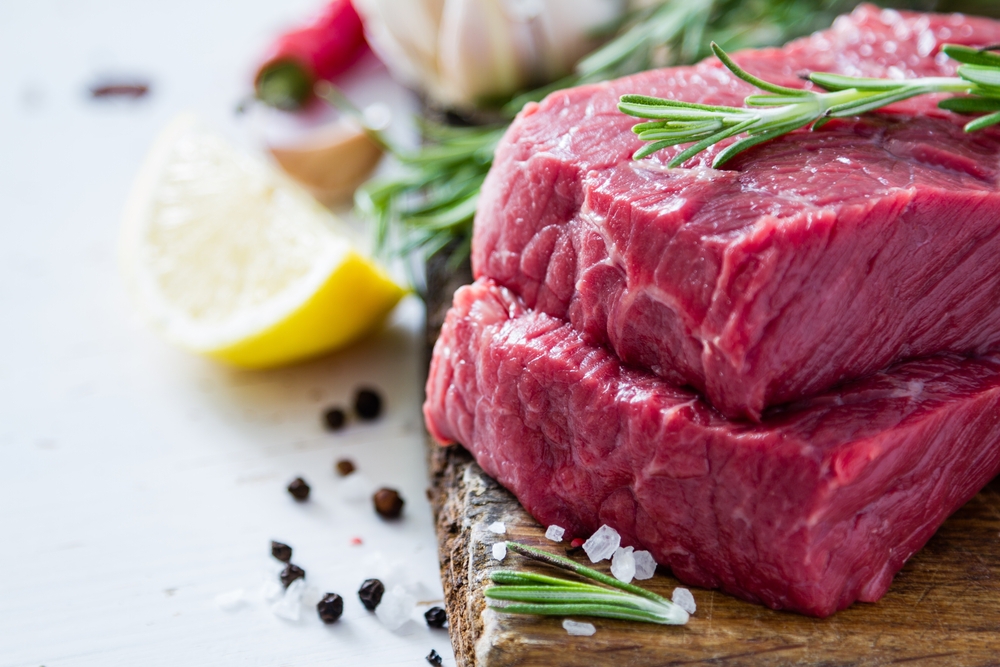
Today, I sent a photo of breakfast in WeChat Group, and then a small partner asked: Is it really okay to have three eggs for a meal?
The reason why many people are afraid of eggs is that they are afraid of cholesterol. An egg of ordinary size contains about 200 milligrams of cholesterol, accounting for two thirds of the recommended daily intake.
It is generally believed that the more cholesterol you eat, the higher the cholesterol content in your blood. If the blood cholesterol is high, the risk of coronary heart disease will definitely increase-in a word, eating eggs is easy to get coronary heart disease. Squid are also labeled as well, such as the online hot [one mouthful of squid equals 60 mouths of fat].
[Eating eggs is easy to get coronary heart disease], this logical chain is easy to understand, but this is not the case.
To analyze this problem, let’s start with eggs.
Is there what in the egg?
An egg contains about 7g of protein. The egg contains all eight essential amino acids needed by the human body. For human beings, the protein type and amino acid composition of the egg are perfect, second only to breast milk.
In addition, egg yolk is rich in lecithin, which is a very important nutrient element in the nervous system.
Considering the price factor, eggs are simply the best and cheapest food on the planet.
The cholesterol in eggs is of course very high. An egg yolk contains cholesterol equivalent to half a kilo of lean meat.
However, cholesterol is not as bad as many people think.

Cholesterol is what?
If the noun has positive energy or negative energy, then cholesterol must belong to the latter. Many people do not have a good impression of cholesterol and try every means to reduce their intake of cholesterol in their daily diet.
But in fact, cholesterol is a very important thing in the body. Cholesterol participates in the synthesis of bile acids, vitamin D and hormones, such as the well-known estrogen and androgen.
Cholesterol exists in human blood in the form of lipoprotein, including high density lipoprotein cholesterol (HDLC), low density lipoprotein cholesterol (LDLC) and very low density lipoprotein cholesterol (VLDLC).
The former is commonly known as [good] cholesterol, while the latter two are commonly known as [bad] cholesterol.
HDL transports cholesterol from blood vessels back to the liver, while LDL and VLDL are just the opposite, which will promote cholesterol deposition on blood vessel walls, thus increasing the risk of cardiovascular diseases.
Therefore, cholesterol is good or bad, and blindly reducing cholesterol intake is not conducive to health.
Can eating eggs raise blood cholesterol level?
The human body is not a beaker, not to say that as many reagents as you pour into the beaker, there will be as many reagents in the beaker. The level of many nutrients in blood is not proportional to the total amount of nutrients ingested.
Here is another example to illustrate that, At present, all kinds of enzymes in the circle of friends are purchased on their behalf. Enzymes are often referred to as enzymes. Enzymes are very important to the normal progress of various physiological activities of the human body. However, enzymes will be decomposed in the digestive tract and lose their biological activity. No matter how many [enzymes] you eat that are blown to the gods, the enzyme level in your body will basically not change.
In recent years, many medical studies have shown that Blood cholesterol levels are more related to factors such as fat intake and physical activity, but not to the total amount of cholesterol consumed every day. Most of the cholesterol in the human body is synthesized by oneself, and the liver synthesizes about 1,000 milligrams of cholesterol every day, which is far greater than the cholesterol contained in an egg yolk.
In a study on the relationship between the number of eggs consumed and blood cholesterol, the subjects were divided into two groups. The experimental group ate one to three eggs a day, while the control group ate other foods instead.
The experimental results show that compared with the control group, the total cholesterol and LDL of most people in the experimental group are basically unchanged, the two indexes of a small number of people are slightly increased, and the HDL of almost all people is increased.
Through these studies, we can find that [eating eggs leads to hypercholesterolemia] is basically untenable.
The American Heart Association believes that for people who want to reduce blood cholesterol levels, the first thing to do should be to strictly control total fat intake and saturated fat intake.
Too much saturated fat intake is the main dietary cause of hypercholesterolemia.
How many eggs should I eat every day?
Breakfast containing eggs can bring a lot of more comprehensive nutrition, significantly increase satiety, reduce short-term food intake, and ultimately help lose weight.
Therefore, for the sake of your health, please add an egg to your breakfast. If you are greedy, two or three eggs will not have what problems.
Of course, if you have problems with your liver and kidney function, you should consult your doctor before eating them-eggs are rich in protein, and too much protein will increase the burden on your liver and kidney.
Finally, compared with the problems of “how many eggs can I eat a day”, many doctor friends and I around me are more concerned about another difficult problem-how fried poached eggs can not stick to the pan?
